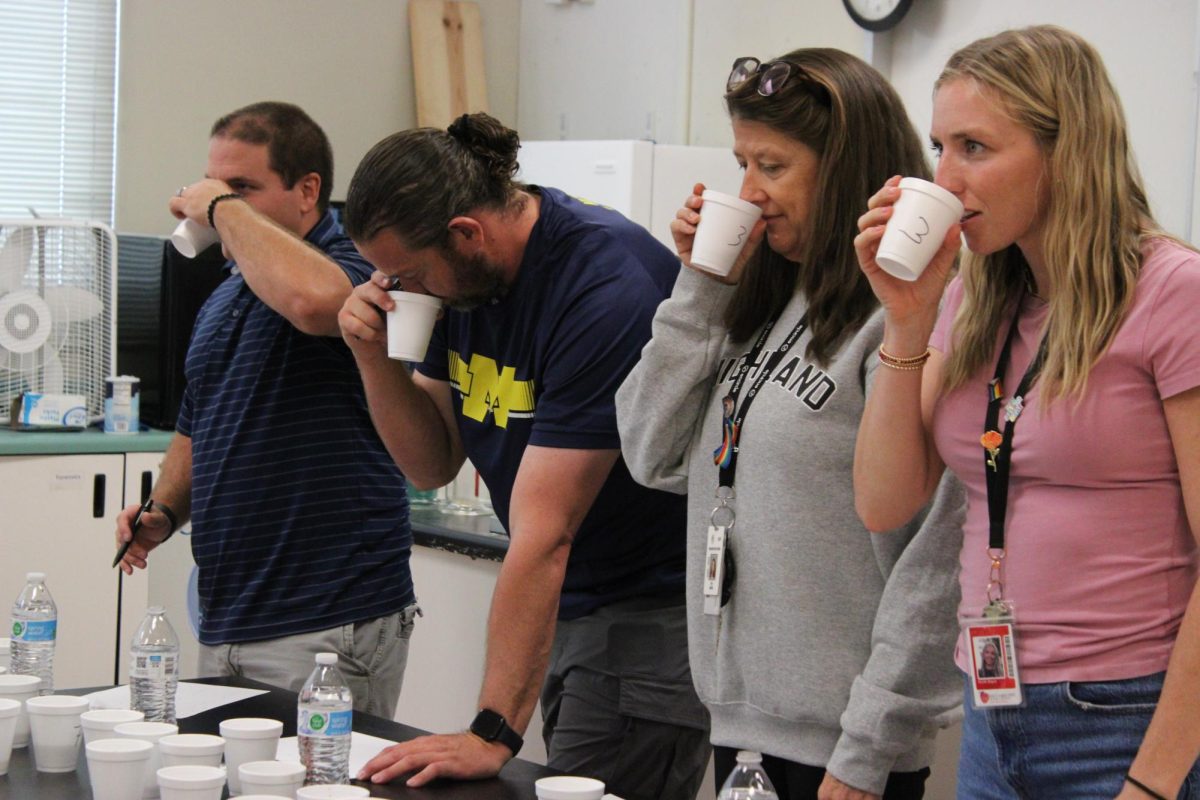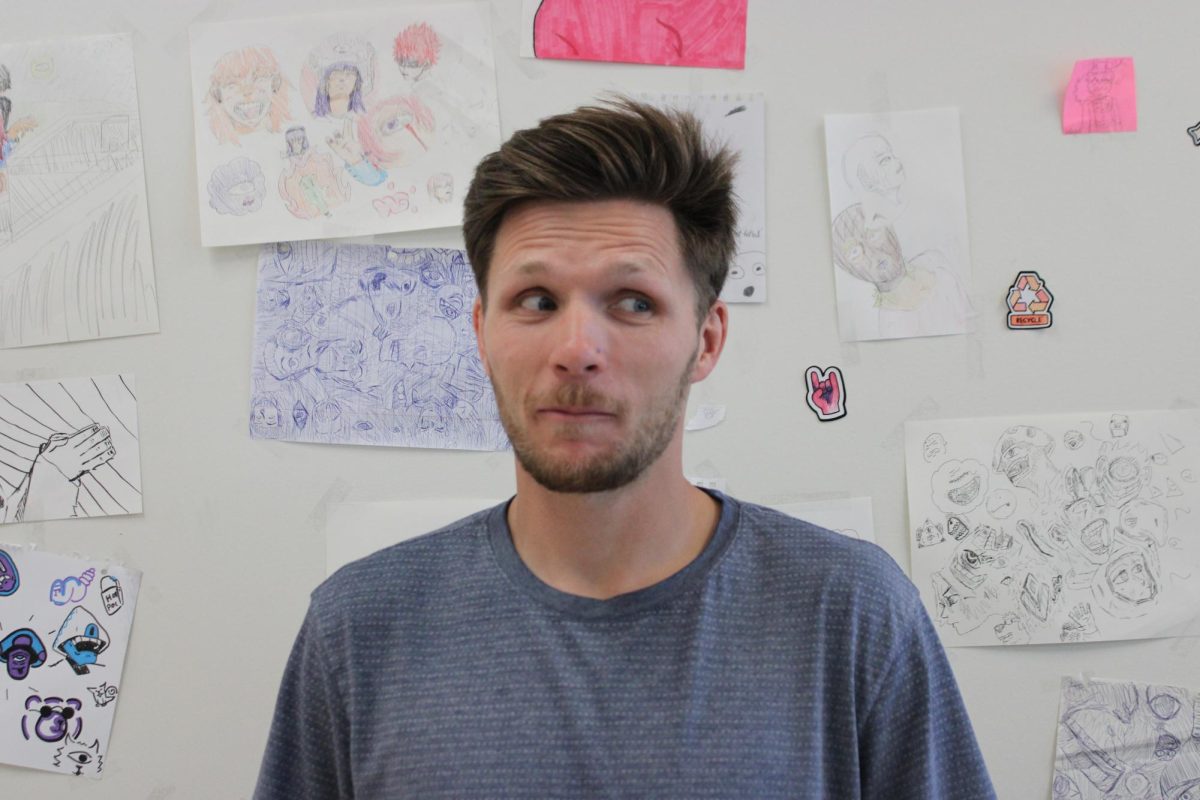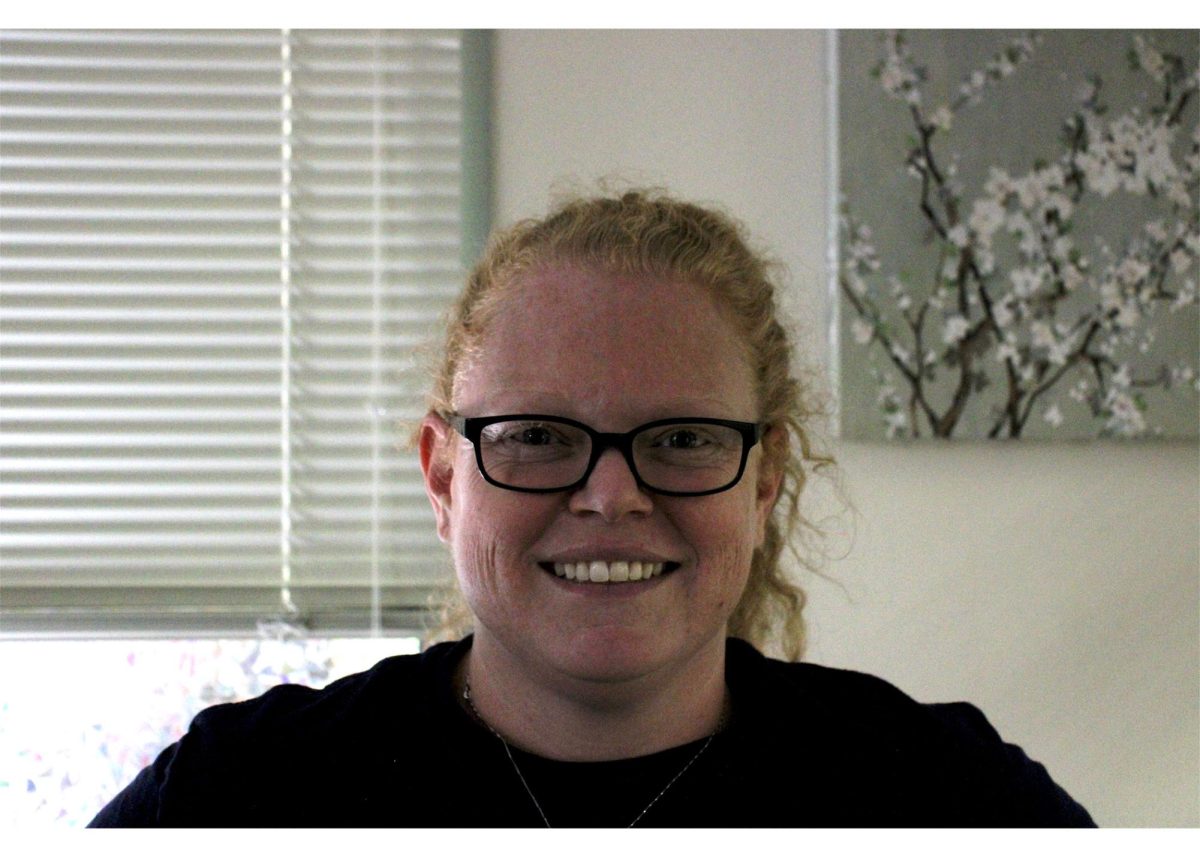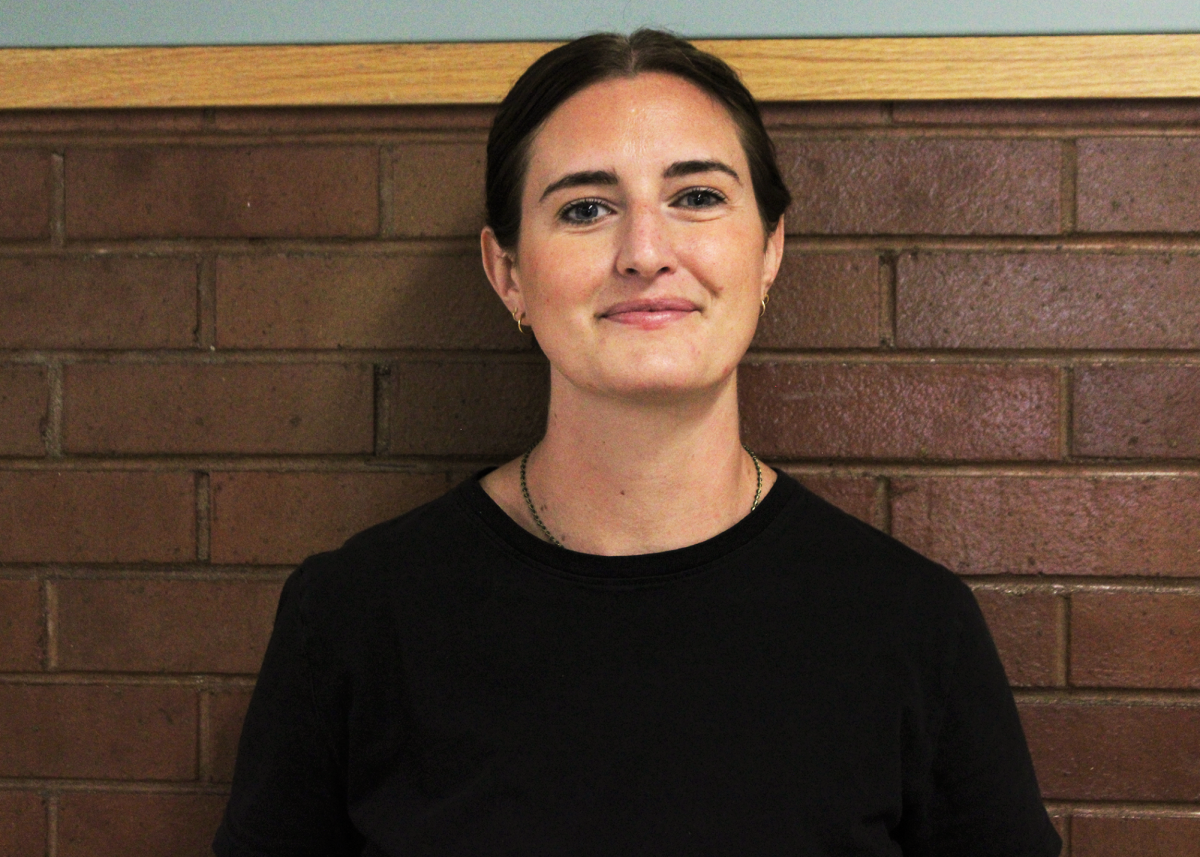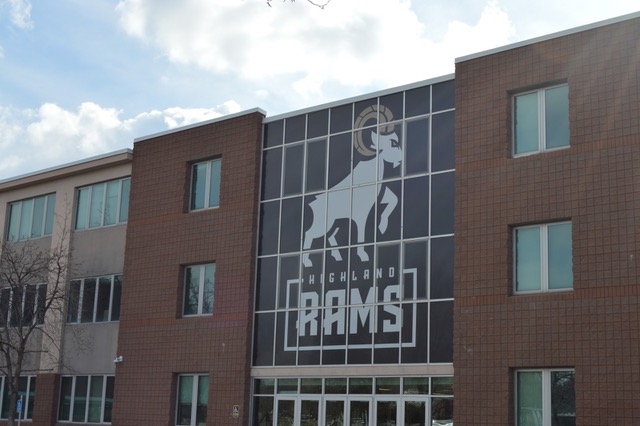What Highland Staff Expects For The Future
April 14, 2023
Salt Lake City School District is in a unique position. We’ve gone through four superintendents over the past five years, according to Jeremy Chatterton, the Principal at Highland.
And the last one didn’t end particularly well. Superintendent Timothy Gadson resigned from his post last October amid scandalous allegations, after being placed on administrative leave since July. Gadson was hired to replace Superintendent Lexi Cunningham, who was forced to resign after relationships with board members rapidly deteriorated.
Board member Michael Nemelka told KUTV: “She would have been fired if she didn’t step down.”
Many teachers feel disheartened by the number of changes superintendents often come to the job with. Often, they came in with grand notions of what needed change in the district and discussed plans of sweeping reforms, usually without getting input from any teachers.
Alisha Slater, the Choir teacher at Highland, wishes that new Superintendents would make decisions that make a difference after talking to teachers.
“They’re not making decisions that affect students in a vacuum. I want them to get their input from stakeholders like our students and parents, but also from the teachers.” Said Slater.
It becomes a lose-lose situation, immediately pitting the new superintendent against teachers and staff throughout the district.
“I feel like when the board brings in outside hires, meaning people not from the top or not familiar with how Salt Lake City School District works, they try to change too many things too quickly, and don’t understand the culture of Utah.” Said Emily Paxton, a Language Arts teacher at Highland. “I also want a Superintendent who trusts teachers because we are trained professionals. A Superintendent who listens more than they talk.”
Teachers also want someone who listens to them and respects their decisions. “I want someone who will listen to teachers. I feel sometimes they come in with ideas of what they think things should be. Where we have field experience in this district.” Said Tera Hunter, an Arts teacher at Highland.
Some of the changes also had seemingly little effect on student success.
“A goofy [new policy] from the person before Gadson [Lexi Cunningham] was [after] she went through our faculty room on a tour. She saw that we had microwaves, and she’s like, ‘you don’t need all these microwaves.” Said Kyle Dittmer, a Physics teacher at Highland. “She took away our microwaves. We had six microwaves and she left us only one microwave and a lot of us had to eat lunch in half an hour, which sort of makes sense. So, then we’re like, ‘we need our microwaves. Where’d you put our microwaves?’ And then…we had this back and forth and finally she let us get microwaves. But she said they looked bad because they didn’t match. So, we got matching microwaves. It was really important stuff. Really affected student learning.”
Salt Lake City School District has a policy called “Shared Governance”. According to the district website, Shared Governance is the “process for participatory decision-making. Although it is the exclusive right of the Board of Education to determine the goals and direction of the district, in 1974, the Salt Lake Board of Education agreed to delegate the right to local sites to make some decisions with the Shared Governance process. Shared Governance is based on the philosophy that education is a responsibility of all employees and the community, and that when people work together to make decisions, many advantages accrue.
Shared Governance is supposed to involve teachers, who are uniquely situated by virtue of their position to provide insight into the direct needs of students, into the process of making decisions for the district.
This is sort of like a constitutional monarchy; the Board of Education has the final and last say in any decision and can make choices without any input from teachers and stakeholders in the district, but often the most meaningful and lasting changes are made with direct input from teachers and community members throughout the district. However, over the course of the 49 years Shared Governance has been in place, the Board has made changes without any input—or even a heads-up—to teachers and faculty, often with poor results.
Take the new advisory classes, for example. While they are a great idea on paper, the Board decided to enact them without giving teachers a say, forcing schools to implement the classes on the fly, with little support from the Board. This was a major overstep of the Shared Governance policy and has left relations with several Board members soured.
“Something that came up was we, uniquely in Salt Lake City School District, has something called Shared Governance. And that means that we as teachers have a say in what goes on in the district and [help] make decisions and they kind of overstepped that with the advisory.” Said Hunter.
Policy and bureaucratic tasks that have been increasingly piled on teachers have taken the passion from many teachers. Kyle Bracken, a history teacher and head of the IB Program at Highland, said,
“There’s just such an enormous list of tasks. Some of them have to do with legal liability; some of them have to do with record keeping; some have to do with attendance; some of them have to do with management, like classroom management. That kind of stuff. They’re just, they just suck all the creativity out of it. In fact, usually our first day of training that we do is all about policies. Like we come out of summertime and we’re all excited to come back and teach, and we just get beat up by policies.”
“We need to record lots and lots of data so that then we can use the data to then evaluate whether or not we’re doing our jobs, whether or not we’re being effective. But sometimes the data collection is done in such a cumbersome way that it ends up distracting from what we’re really trying to do. That has to do with students, too. We’re testing students way too much.” Bracken said. “If you want the cow to get fatter, you shouldn’t weigh it more often, you should feed it more often.”
There is also a disconnect between the higher-ups in the district and many of the community members, something a good superintendent could fix.
“I think a lot of families don’t feel like they can reach out to the school very easily. I Think there are a lot of families who don’t get the information that they are looking for or need very easily. And I think the district can help the schools do better outreach to families and we can be more creative about how to do that?” Said Diedre Straight, who runs Student Success.
“And so, looking at different ways to do parent-teacher communication, you know, conferences that might look a little bit different from the way we’ve always done traditionally…How can we make it easier for families to ask the questions they need to. To get the information that they need to help support their kid. Not everybody has emails, or you need to look at different channels. And I think schools can do that work, but I think the district really has to help the schools.”
Superintendents could and should be going out into the community and engaging with parents and families that might not be able to traditionally connect with the district: families that are lower income or unable to air their concerns.
“When I’ve talked with some parents, my reaching out to [the parents] stands out to them. And they appreciate it because they don’t feel like they’ve had that before,” Straight said.
In general, teachers just want to be heard and respected. They are the professionals who are uniquely situated by virtue of their position, knowing what each individual student needs. No superintendent managing schools in the Salt Lake School District is going to be able to do that, so they shouldn’t try without getting a little help from the people in the field. Typically, teachers know best.
“So, to me, there’s, you know, a vision of what we’re really trying to do is what the Superintendent’s responsible for. Really trying to make learning fun. Really trying to get passion into our educators and our students about learning.” Bracken said. “So, if there’s something you’re doing that’s not creating passion, it’s sucking the life onto somebody. Stop it, do something else.”




